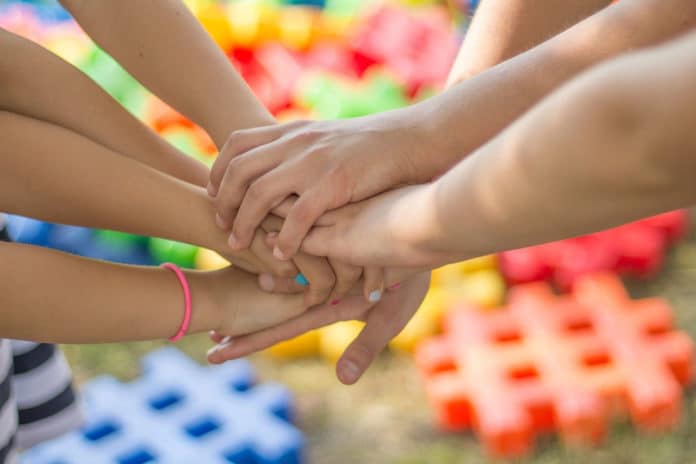Having strong ties to family and friends has long been identified as an essential part of being happy and healthy. People need people.
When it comes to happiness, friends are essential to happiness, suggesting a new study published in the Journal of Personality and Social Psychology.
The study found that people report higher well-being levels while hanging with their friends than their romantic partners or children. Being around romantic partners predicted the least amount of happiness among these three groups.
That is because individuals tend to spend more of their time doing enjoyable exercises with friends than they do with relatives, who periodically get themselves together doing unpleasant tasks like chores or caretaking duties.
However, the study has more to do with the activity than the person it is shared with.
SMU psychology professor Nathan Hudson said, “Our study suggests that this doesn’t have to do with the fundamental nature of kith versus kin relationships. When we statistically controlled for activities, the ‘mere presence’ of children, romantic partners, and friends predicted similar happiness levels. Thus, this paper provides an optimistic view of the family and suggests that people genuinely enjoy their romantic partners and children.”
More than 400 study members were approached to rethink on times with their friends or family—identify the action they shared—and rate whether those experiences left them feeling various emotions, such as happy, satisfied, and with a sense of meaning. Every feeling was evaluated from 0 (never) to 6 (almost always).
This information and other responses about how study participants felt at different times allowed Hudson and his co-authors, Richard E. Lucas and M. Brent Donnellan, to estimate happiness rates with their friends and family. Lucas and Donnellan are both from Michigan State University.
The exercises people habitually perform while they’re with their romantic partners include socializing, relaxing, and eating. People will, in general, do similar activities when they are with their companions, as well. They do significantly more of these enjoyable tasks while hanging with their friends and much less housework. For example, 65 percent of friends’ encounters included socializing; however, just 28 percent shared with partners.
Spending time with their children also meant more time doing things that were negatively associated, such as housework and commuting.
However, the activity that people reported most often with their offspring—childcare—was viewed positively. And overall, people report feeling similar levels of well-being while in the presence of friends, partners, and children once the activity was taken out of the equation.
Hudson said, “It’s important to create opportunities for positive experiences with romantic partners and children—and to savor those positive times mentally. In contrast, family relationships that involve nothing but chores, housework, and childcare likely won’t predict a lot of happiness.”
Journal Reference:
- Nathan W. Hudson et al., Are we happier with others? An investigation of the links between spending time with others and subjective well-being., Journal of Personality and Social Psychology (2020). DOI: 10.1037/pspp0000290
